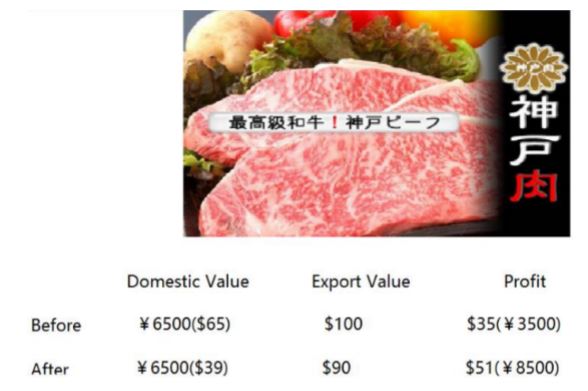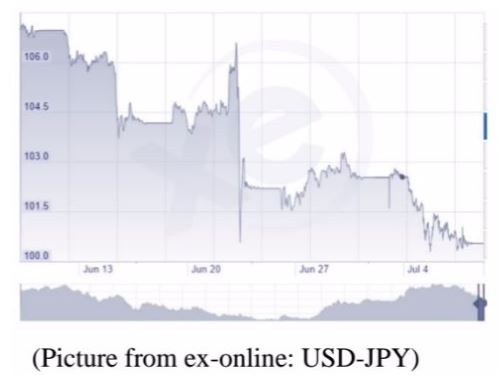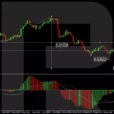On June 24th, the storm of Brexit blew over the Pacific and boosted the Japanese currency. In just one day, Japan witnessed a 10% boost on its banking properties. However, a stronger yen is not good news for the Japanese government. Japanese Finance Minister Taro Aso announced on July 8 that Japan would respond as needed to an “extremely nervous” currency and warned that the stronger yen will harm global economics. In this article, I will review the current economic situation and suggest the best strategy for individual investors.

Why will Brexit strengthen JPY
One might question why Brexit boosted the Japanese currency. To understand this, we must understand the yen’s safe haven status. According to a 2013 IMF report, “[t]he yen is widely considered a safe haven currency, i.e. a currency that appreciates when global investors’ behavior becomes more risk-averse or when economic fundamentals are more uncertain.” It is a currency that tends to be steady and safe when it is embraced by low-interest rates, a strong net foreign asset position, and liquid financial markets. Japan meets all these standards, thus, when the currency market is facing great uncertainty, funds flow into Japan and the yen is strengthened. Similar situations happened several times in the past two decades, including the Asian crisis in 1998, the 2008 Lehman shock, the 2010–11 escalation of the euro area crisis and the uncertainty surrounding the debt ceiling debate in the U.S. (Shown with red segments). History repeats itself, foreign funds pile into Japan, and make the yen more valuable.

Why a Strengthening Yen Harms Japan
One would be happy to wake up to find their fortune increased by 10%, so why does Japan feel threatened? If we look at the graph carefully, we observe a deep fall of the yen’s value starting in 2013 and ending in 2015. This drop was done on purpose.

Three years ago, Prime Minister Shinzo Abe of Japan began a campaign to turn around the country’s economy. This campaign, given the nickname “Abenomics,” relied heavily on one strategy, weakening the country’s currency. By weakening the country’s currency, the Japanese government expected a stronger export environment. In such an export environment, big employers, like Toyota and Sony, can earn a profit by inflating the value of their overseas products. In such an exporting environment, imported goods are more expensive for domestic customers, which drives these customers to the local market. However, all of these aspects are compromised when the currency is strong. The rise of the yen contradicts Abe’s strategy and as a result, a healthy environment for exporting no longer exists.











Leave A Comment